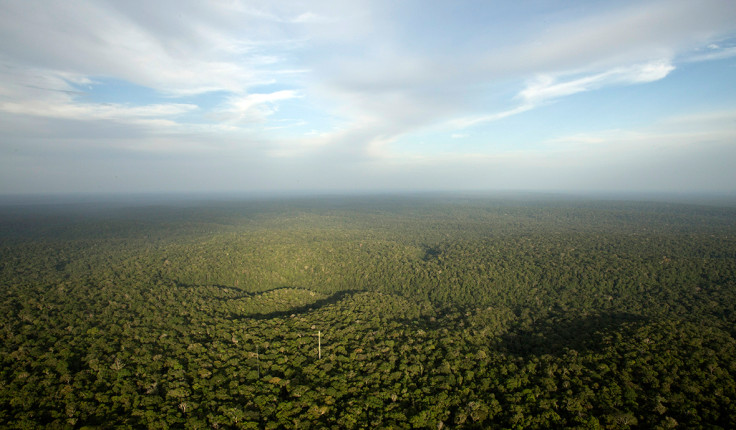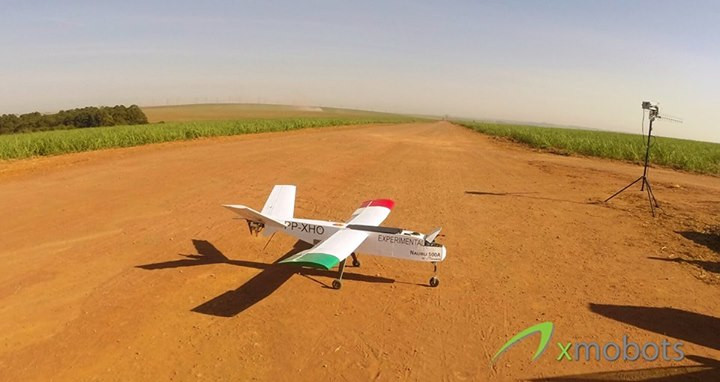Drones will scan Amazon rainforest in search of environmental impact by ancient civilisations

Drones are set to be used to discover how ancient civilisations in the Amazon used and transformed the land in order to create a sustainable future.
Scientists will use a remote sensing data device attached to a drone to scan the land beneath the canopy of the forest.
The University of Exeter's José Iriarte, an expert in Amazonian archaeology, will lead an international team to resolve the long-discussed topic of pre-Columbian land use and its legacy on Amazonian landscapes.
Iriarte will look at four different regions that represent different land use over the last 3,500 years, before Christopher Columbus arrived in 1492.
The project, by the European Research Council, will focus on the scale and nature of how these ancient societies transformed the land around them, from hunting to building complex civilisations.
It has been known that humans have lived in the Amazon for at least 13,000 years. Until recently, it was thought they made little impact to the rainforests around them. However, it has now been suggested they changed the landscape on a scale previously unrecorded from the Late Holocene era.
Iriarte said: "The data gathered through the project has the potential to estimate, for the first time, the spatial scale of past human disturbance across the entire Amazon basin. Our project will resolve the previously overlooked role of humans as important agents of environmental change; from being viewed as the 'noble savage' living in harmony with ancient forests creating little or no impact on the landscape to actively shaping Amazonia through agricultural practices."

Scientists will use a wide range of disciplines including archaeology, ethno-history, paleo-ecology, soil science and landscape ecology, as well as state-of-the-art Light Detection and Ranging remote sensory technology (LIDAR) to make high-resolution maps to explore the forest's features. The first flight will take place in autumn this year.
Their findings will be used by policymakers for decisions on the future of the Amazon: "In order to make informed decisions about a sustainable future, it is critical that policy-makers have a sound understanding of the historical role of humans in shaping the Amazonian landscapes and to what extent forests were resilient to historical disturbances," Iriarte said.
"Understanding the origin and dynamics of the pre-Colombian period's agricultural practices has broader implications for the sustainable Amazonian futures. The implantation of sustainable forms of agriculture can provide a form of alternative food security to the more vulnerable and poorest rural populations of the Amazon and at the same time become a substitute for clearing tropical forests for slash and burn agriculture.
"We could learn valuable lessons from understanding what type of land management was used and what crops were planted and raised in the past."
© Copyright IBTimes 2025. All rights reserved.






















